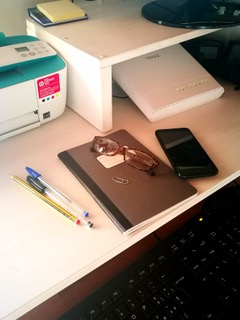Reorganising Social Work: Innovative Responses to the Challenges of Covid-19
Prepared by : MARIA CHIARA BRIANI
Social Worker, Older Adult Care Sector, San Lazzaro di Savena (BO )
The arrival of Covid-19 among older people in San Lazzaro di Savena, a municipality of 30,000 inhabitants in the Bologna metropolitan area required an immediate social services response. The four social workers it employed were compelled immediately to reorganize service delivery without preliminary planning or in-depth assessments. Smart working became the vehicle of choice in guaranteeing the relevant interventions for older service users.
Social workers in the community suddenly found themselves in a “war context”, confronting the Covid-19 challenge alongside the many emerging ones of the previous few years without delay. This required innovation drawing almost: exclusively on using electronic contact methods, conducting their work from home, and drawing of their resilient capability in facing continuous upheaval in the context, and responding to needs in the absence of known and certain resources.
The service provider has maintained professional standards, relying on the solidity of its planning, organizational processes, redefining skills and responsibilities drawing upon flexibility to within projects, utilizing resources to meet new needs, and uncertain processes.
The offices were always open, with the Manager, a Coordinator and a social worker on a rotation basis, present once a week in the office. This was also where paper documentation was maintained to organize the material and activities for the following days.
The professional relationship, facilitated through periodic interviews, home visits, visits to home care centers and/or hospitals, acts as a tool for professional action, during assessment, workload-sharing and evaluation. It has also maintained links with other relevant bodies and professionals. The professional relationship was redefined by remote technology and the telephone. These allow more frequent in-depth listening. Information was also collected by personal contact and from others who know the older person.
Teamwork and networking have protected this reorganization. Direct contacts with older people and family members can remain connected through remote platforms like Skype. Remote working also challenged each social worker to reorganize an adequate and reserved work environment in the home; the technology for remote working, e.g., mobile phone and PC to comply with legislative requirements and rules on privacy and professional confidentiality.
Finally, I reflect on the long-term risk of impoverishment in the solidity of the networks and propose that the advantages of innovation are not forgotten when personal relationships are possible again.


